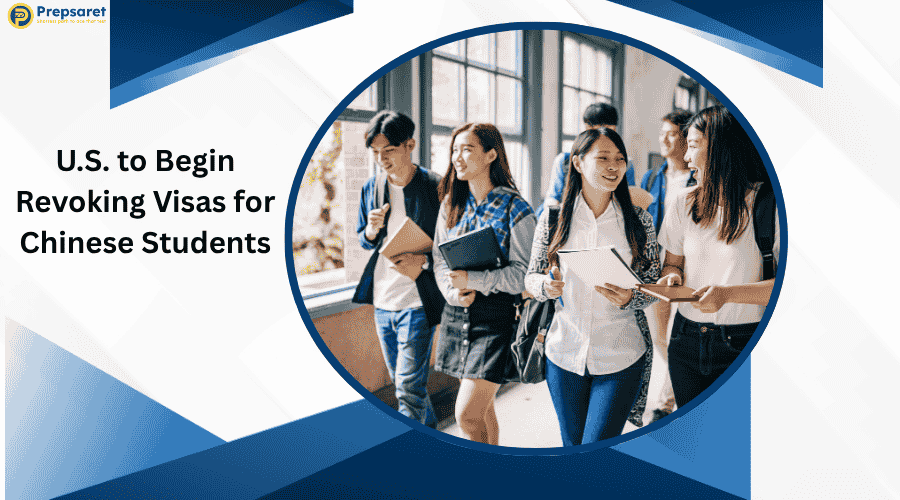Summary:
- The U.S. will start “aggressively” revoking visas for Chinese students, particularly those linked to the Chinese Communist Party or studying in sensitive fields.
- The move could impact over 270,000 students and disrupt higher education funding and research in the U.S.
- Critics say it politicizes education and threatens the rights of international students.
The U.S. government will begin revoking the visas of Chinese students, marking a significant escalation in its efforts to tighten immigration and national security controls tied to colleges and universities. Secretary of State Marco Rubio announced the policy on Wednesday, citing concerns over national security and the alleged influence of the Chinese Communist Party (CCP) on U.S. campuses.
The move targets students with perceived links to the CCP or those studying in what officials call “critical fields.” Although no specific areas were named, past concerns have centered on disciplines like biotechnology, quantum computing, and artificial intelligence—areas both Washington and Beijing view as strategically vital.
A Major Shift in U.S.-China Academic Relations
The new directive, issued by the U.S. State Department in coordination with the Department of Homeland Security, also includes a revision of visa criteria to increase scrutiny on future applicants from China and Hong Kong. This is the latest in a series of actions under the Trump administration’s hardline immigration agenda, which has included freezing visa interviews and increasing social media surveillance of foreign students.
“This is about protecting U.S. intellectual property and national security,” Rubio said in a statement. “We will not allow our universities to be breeding grounds for foreign espionage.”
The decision could significantly disrupt the U.S. higher education system. According to the U.S. Department of Commerce, international students contributed over $50 billion to the economy in 2023. Chinese students alone made up around 277,000 of those enrolled in the 2023–24 academic year, down from a peak of over 370,000 in 2019. They are a vital source of tuition revenue and research support for many universities.
Reactions from China and U.S. Institutions
The Chinese Embassy in Washington did not immediately respond to the announcement, but China’s foreign ministry has previously condemned similar actions as discriminatory and politically motivated. Officials in Beijing have pledged to “firmly safeguard the legitimate rights and interests” of Chinese students abroad.
Academic leaders and civil rights groups in the U.S. have voiced concerns that the policy may result in unjustified profiling and weaken the country’s academic leadership. Critics warn it may send a chilling message to international scholars and discourage global collaboration in key research areas.
Observers note the announcement comes amid deepening tensions between the U.S. and China, often described as a “new Cold War” driven by competing economic, technological, and geopolitical ambitions.
As of now, the administration has not clarified how many visas will be revoked or what timeframe the policy will follow. However, even limited implementation could mark a turning point in decades of educational exchange between the two global powers.
Recommended Headlines

